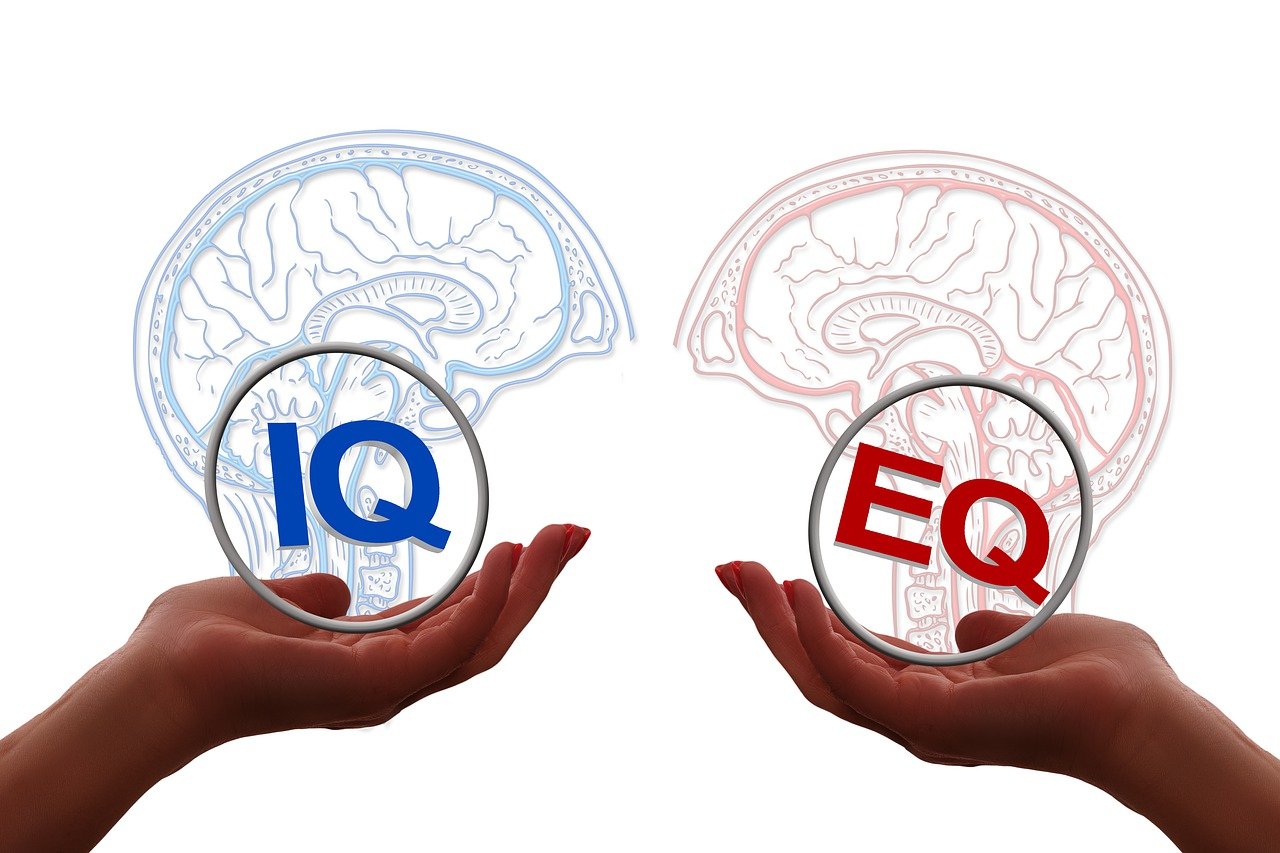December 3, 2025
🌱 Raising Grateful and Resilient Children: A Parent’s Guide
🌱 Raising Grateful and Resilient Children: A Parent’s Guide Parenting young children is both rewarding and challenging. Amid the daily routines of meals, school runs, and bedtime stories, parents often wonder how to instill values that will serve their children for life. Two of the most powerful traits to nurture early on are gratitude and resilience. Gratitude helps children appreciate what they have, while resilience equips them to bounce back from setbacks. Together, these qualities





